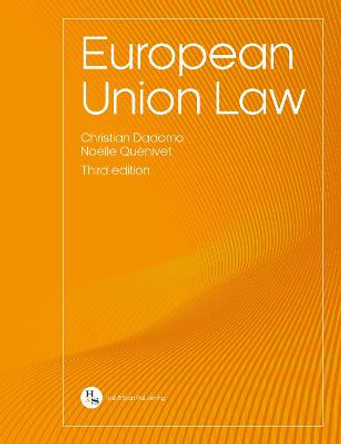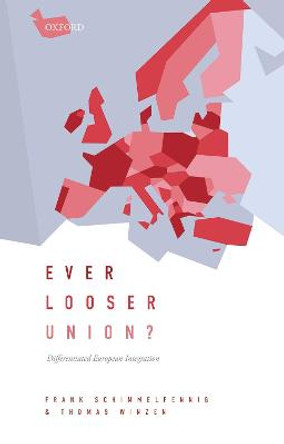What is meant when politicians and lawyers talk of an opt-out,of "multi-speed" Europe, of variable geometry and even of European Union a la carte? Will closer co-operation be authorised and where? These and many other questions are addressed in this new book, which deals with the intriguing and controversial development of increased differentiation in European Union law. Adopting a law in context approach, the book offers an analysis of differentiation from the Treaty of Rome to the present, including the 1996 Intergovernmental Conference and the Treaty of Amsterdam, a categorisation of differentiation and a search for the various causes and objectives of differentiation and its consequences for the future of the European integration process. Particularly relevant in view of the ratification of the Treaty of Amsterdam, legal scholars and political scientists will find this book invaluable to keep abreast of the present debates on European constitutional law.
About the AuthorFilip Tuytschaever is a Member of the Brussels Bar,Assistant in European Law at the University of Brussels and was previously a Research-Fellow at the European University Institute in Florence.
ReviewsThis is an excellent book, recommended reading for anyone with an interest in the constitutional or substantive subjects at issue Steve Peers European Law Review September 2002 Differentation in European Union Law is a valuable contribution to an issue that will only increase in importance. It provides useful conceptualizations of differentiation and the best discussion of the various proposals for a more flexible Europe I have seen to date. Brian C. Rathburn, Univ. of California, Berkeley Governance February 2003
Book InformationISBN 9781841130729
Author Filip TuytschaeverFormat Hardback
Page Count 312
Imprint Hart PublishingPublisher Bloomsbury Publishing PLC
Dimensions(mm) 234mm * 156mm * 24mm






